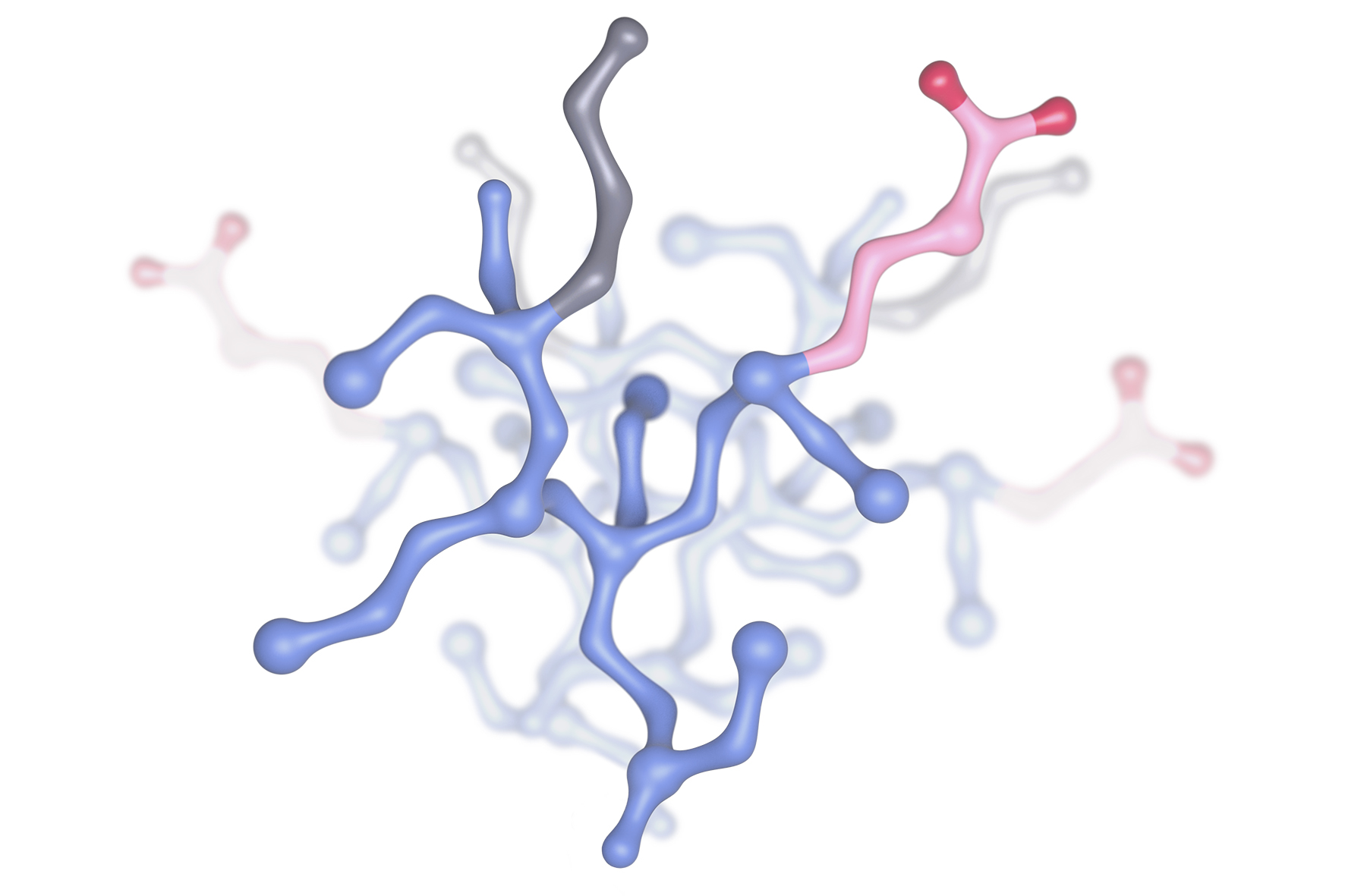Cooperation between Fraunhofer IZI and Lipocalyx GmbH to develop new carrier systems for the genebased treatment of inflammatory diseases
The Department of Drug Design and Target Validation at the Fraunhofer IZI is being awarded a €400,000 grant from the State of Saxony-Anhalt to develop new carrier systems for the gene-based treatment of inflammatory diseases. The project will be conducted in close collaboration with Lipocalyx GmbH based in Halle.


Broadly speaking, gene therapies seek to replace defective genes by either introducing healthy copies of the gene or inactivating defective gene products. In order to do this, corresponding gene sequences are delivered into the target cells which then regulate the production of the respective proteins at the translational level. Transporting the regulatory nucleic acids to the target cells is, however, no easy feat. Free nucleic acids are not usually absorbed by cells and are exposed to enzymes (nucleases) in biological fluids, which quickly break them down. Hence the need for molecular carrier systems to guide the nucleic acids to the point of action, delivering them into the target cells before releasing them.
So-called viromers present a highly promising solution here. Like other transporters, viromers form nanoparticles ranging between 100–500 nm in size and have nucleic acids packed inside them. Investigations carried out by Lipocalyx GmbH (www.viromer-transfection.com) have demonstrated high transfection efficiencies among immune cells, especially monocytes / macrophages and dendritic cells, when using the viromer technology.
The project will now go on to investigate the therapeutic potential of viromers as a carrier system, focusing on whether disease-relevant inflammatory mediators can be influenced by the transfection of regulatory DNA and / or RNA molecules. Using a model system for inflammatory joint diseases such as that for rheumatoid arthritis, viromers are to be identified that can be enhanced together with nucleic acids which specifically regulate inflammation, with the ultimate goal of developing a gene therapy.
It is generally expected that the development of new carrier systems for gene-based treatment concepts will close the gap between successful testing in vitro and efficacy in the disease model.
Further contact
Dr. Holger Cynis
Department of Drug Design and Target Validation, Halle (Saale)
Phone +49 345 131428-00
holger.cynis@izi.fraunhofer.de